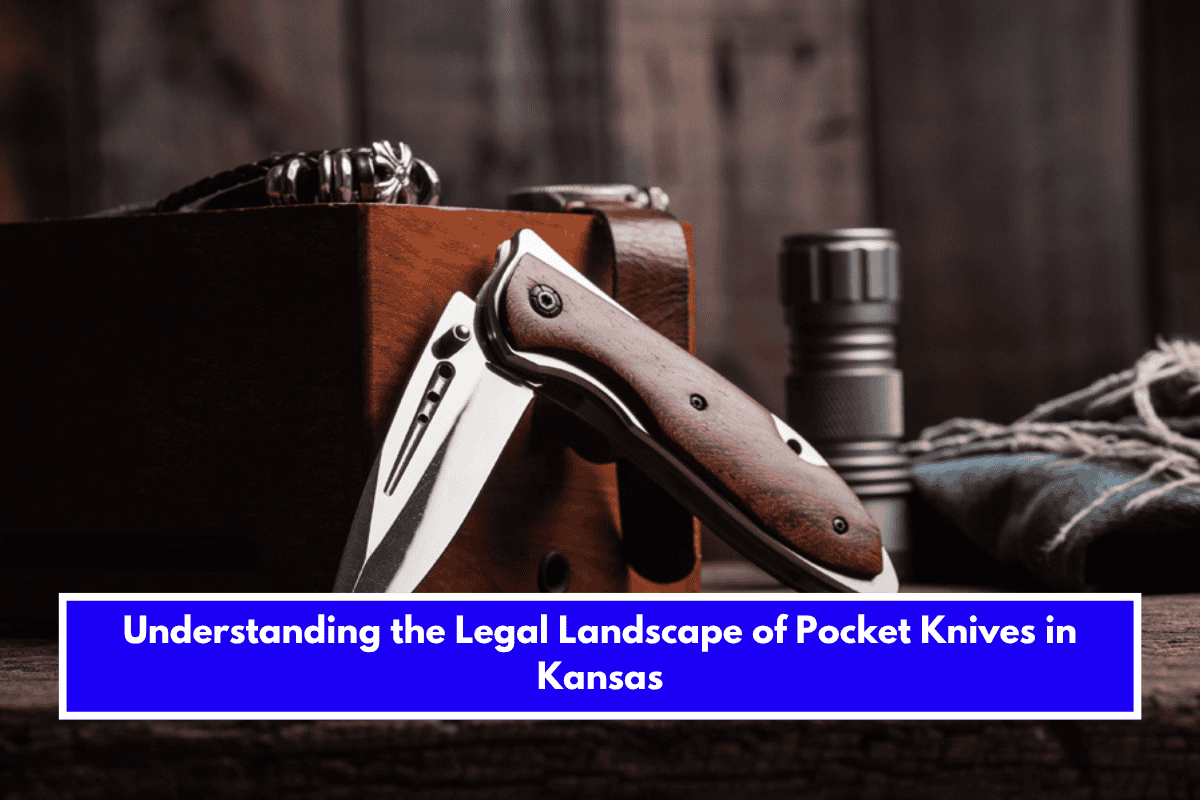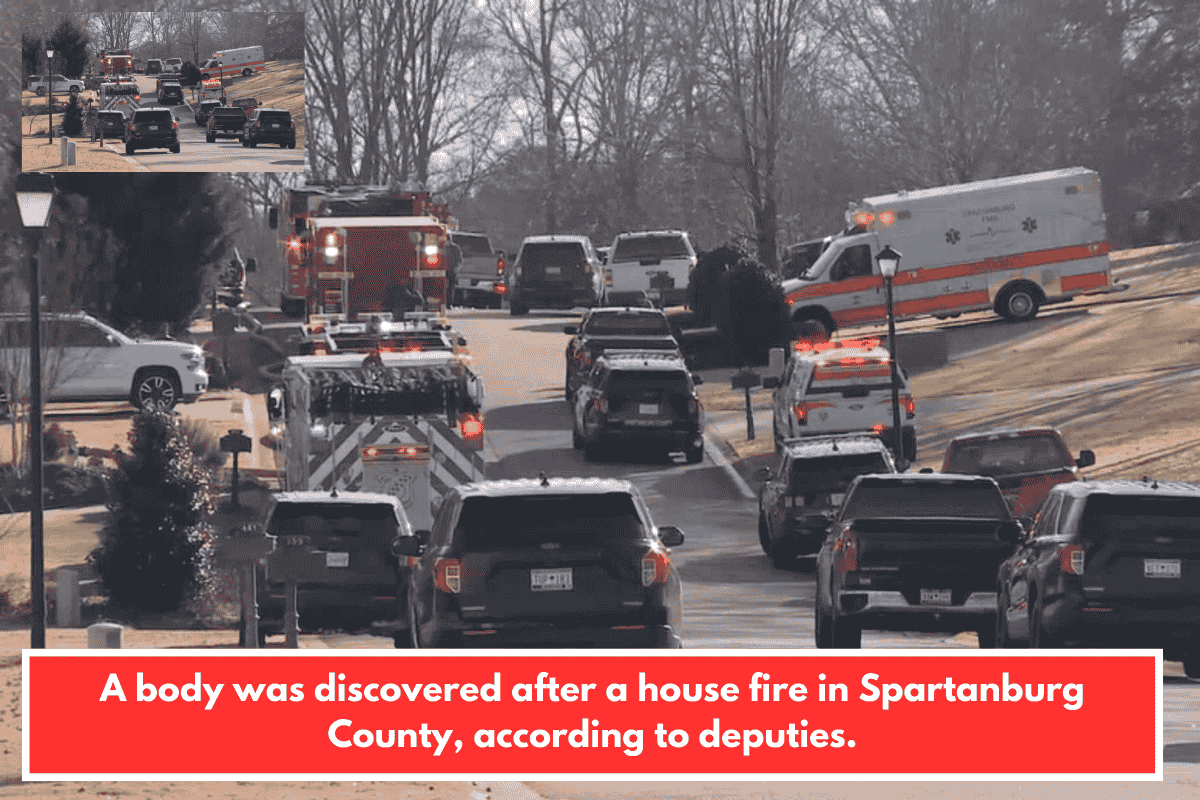Kansas has some of the most permissive knife laws in the United States. Both open and concealed carry of pocket knives—and most other knife types—are generally legal for adults, with very few restrictions. However, there are important exceptions and location-based rules to be aware of.
Key Points of Kansas Pocket Knife Law
1. Legal to Carry Most Knives
- Open and Concealed Carry: You may carry a pocket knife (and most other knives) openly or concealed, regardless of blade length. There is no statewide restriction on blade length for pocket knives or other knives.
- Types of Knives Allowed: Kansas law permits the ownership and carry of nearly all knife types, including folding knives, fixed-blade knives, switchblades, balisongs (butterfly knives), gravity knives, and OTF (Out-The-Front) knives.
- No Statewide Ban: There are no statewide bans on carrying pocket knives or most other knives for law-abiding citizens.
2. Prohibited Knives and Exceptions
- Illegal Items: Throwing stars and ballistic knives are specifically prohibited from sale, transfer, or possession.
- Intent Matters: Carrying any knife with the intent to use it unlawfully against another person is illegal.
- Convicted Felons: Convicted felons are prohibited from possessing knives defined as dangerous or deadly weapons (e.g., daggers, dirks, stilettos, switchblades, and similar).
3. Restricted Locations
- Schools: It is illegal to carry any knife, including pocket knives, on school property or at school-sponsored events, except for authorized personnel.
- Government Buildings: Carrying knives is also prohibited in government buildings, courthouses, and some other public facilities.
- Private Property and Businesses: Private businesses and property owners may set their own rules and prohibit knives on their premises.
4. Statewide Preemption
- Uniform Laws: Kansas has statewide preemption, meaning local governments cannot enact knife laws stricter than state law. This ensures uniformity across the state, so travelers and residents do not face varying local restrictions.
5. No Age Restrictions
- Minors: There are no specific state age restrictions on carrying pocket knives, but restrictions may apply in certain locations, such as schools.
Summary Table
| Topic | Kansas Law (2025) |
|---|---|
| Open carry | Legal for all knives (except prohibited types) |
| Concealed carry | Legal for all knives (except prohibited types) |
| Blade length limit | No statewide restriction |
| Prohibited knives | Throwing stars, ballistic knives |
| Felon restrictions | Felons may not possess “dangerous” knives |
| Schools/government | Knives prohibited in schools, government buildings |
| Statewide preemption | Yes—local laws cannot be stricter than state law |
Practical Guidance
- Carry Responsibly: While pocket knives are generally legal, always avoid carrying in restricted locations like schools and government buildings.
- Intent Matters: Never carry a knife with unlawful intent, as this is a criminal offense.
- Check for Updates: Laws can change, so it’s wise to check for any updates or local rules before carrying a knife in sensitive areas.
Kansas law allows adults to carry pocket knives openly or concealed, with no blade length restrictions and very few prohibited types. The main exceptions are for convicted felons, certain dangerous knives, and restricted locations like schools and government buildings.
The state’s preemption law ensures consistency across Kansas, making it straightforward for residents and visitors to understand their rights and responsibilities regarding pocket knives.
Sources:
- https://www.akti.org/state-knife-laws/kansas/
- https://nobliecustomknives.com/us-knife-laws/kansas-knife-laws/
- https://knifeade.com/kansas-knife-law/
- https://edc.ninja/kansas-knife-laws/














